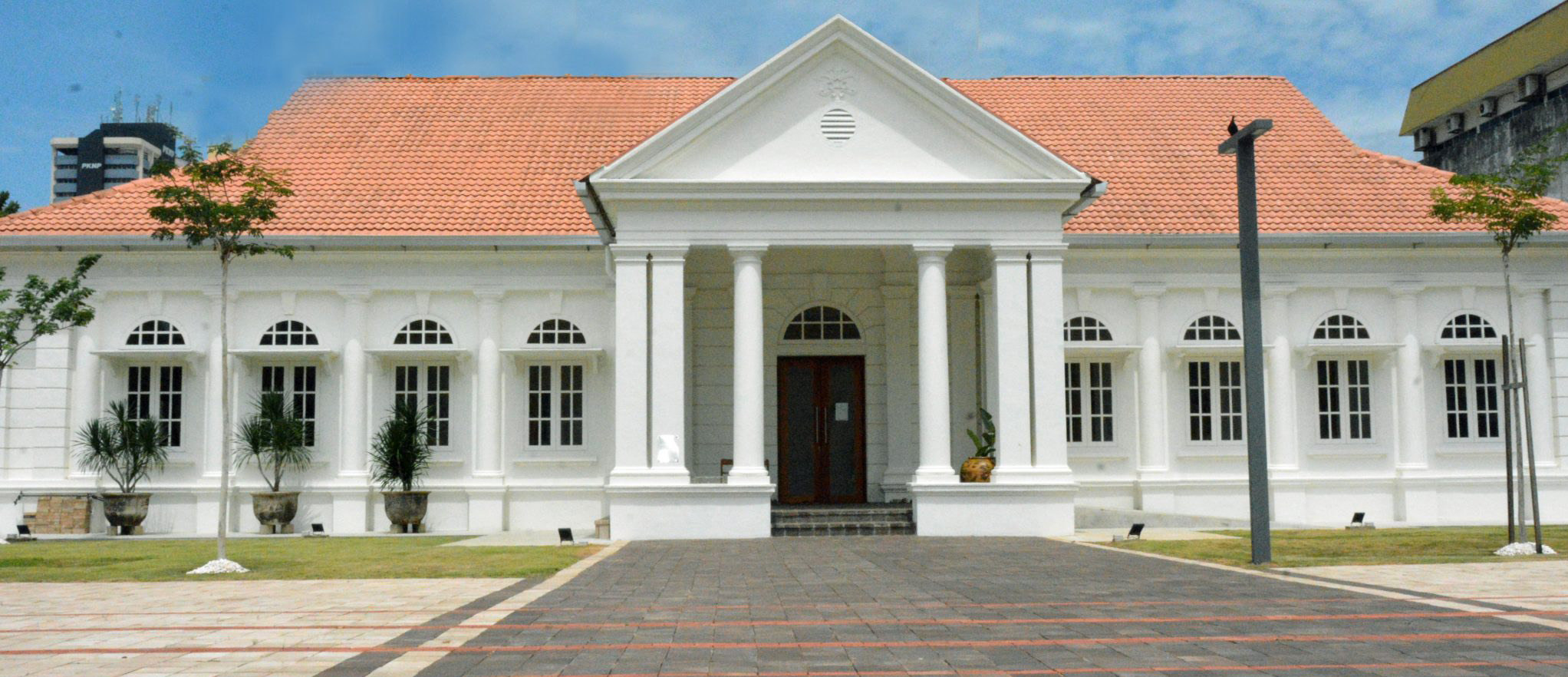The Mamluks: (Record no. 3298)
[ view plain ]
| 000 -LEADER | |
|---|---|
| fixed length control field | 01868nam a22002177a 4500 |
| 003 - CONTROL NUMBER IDENTIFIER | |
| control field | PMNP |
| 005 - DATE AND TIME OF LATEST TRANSACTION | |
| control field | 20250604145422.0 |
| 008 - FIXED-LENGTH DATA ELEMENTS--GENERAL INFORMATION | |
| fixed length control field | 250604b |||||||| |||| 00| 0 eng d |
| 020 ## - INTERNATIONAL STANDARD BOOK NUMBER | |
| International Standard Book Number | 9781398107342 |
| 040 ## - CATALOGING SOURCE | |
| Original cataloging agency | PMNP |
| Language of cataloging | eng |
| Transcribing agency | Kutubkhanah Diraja |
| 082 ## - DEWEY DECIMAL CLASSIFICATION NUMBER | |
| Classification number | 956.92 |
| 100 ## - MAIN ENTRY--PERSONAL NAME | |
| 9 (RLIN) | 3499 |
| Personal name | Brunton, John |
| 245 ## - TITLE STATEMENT | |
| Title | The Mamluks: |
| Remainder of title | Slave Warriors of Medieval Islam |
| Statement of responsibility, etc. | John Bruton |
| 260 ## - PUBLICATION, DISTRIBUTION, ETC. | |
| Name of publisher, distributor, etc. | Amberly |
| Date of publication, distribution, etc. | 2023 |
| 300 ## - PHYSICAL DESCRIPTION | |
| Extent | 287 |
| 520 ## - SUMMARY, ETC. | |
| Summary, etc. | From humble beginnings as slaves in Egypt, the Mamluks trained as soldiers and rose in status to seize control of the largest empire in Islam. They ruled over Egypt and Syria for over two centuries. They saved the region from devastation by the Mongols and expelled the last of the Crusaders from the Holy Land. The Mamluks presided over the last flowering of the culture of medieval Islam, when scientific and artistic achievements were at least preserved, if not greatly advanced.<br/><br/>The first Mamluks were Turks, chosen for their reputed pugnacious nature. A Turk and his horse always made a formidable combination, according to writings from the early period of the Arab conquests. As author John Brunton explains, ‘The tibaq system made soldiers of slaves. As a hybrid of the harsh nomadic tribesman and the well-trained knight, a Mamluk faris (cadet trooper) could certainly produce results.’<br/><br/>Conquest by the Ottomans of 1517 may have ended the Mamluke Sultanate, but the Mamluks themselves continued as a powerful military class until modern times. They fought Napoleon when he invaded Egypt in 1798. Their alleged end in 1811 was as bloody as the rest of their history, but there is even evidence of the Mamluks continuing longer, possibly until the later nineteenth century. |
| 650 #0 - SUBJECT ADDED ENTRY--TOPICAL TERM | |
| 9 (RLIN) | 2525 |
| Topical term or geographic name entry element | Islam and Civilization |
| 942 ## - ADDED ENTRY ELEMENTS (KOHA) | |
| Source of classification or shelving scheme | |
| Koha item type | Books |
| Suppress in OPAC | No |
| Withdrawn status | Lost status | Source of classification or shelving scheme | Damaged status | Not for loan | Home library | Current library | Shelving location | Date acquired | Total Checkouts | Full call number | Barcode | Date last seen | Price effective from | Koha item type |
|---|---|---|---|---|---|---|---|---|---|---|---|---|---|---|
| Perbadanan Muzium Negeri Pahang | Annexe Office | Annexe | 06/04/2025 | 909.09767 | 2025-0123 | 06/04/2025 | 06/04/2025 | Books |
